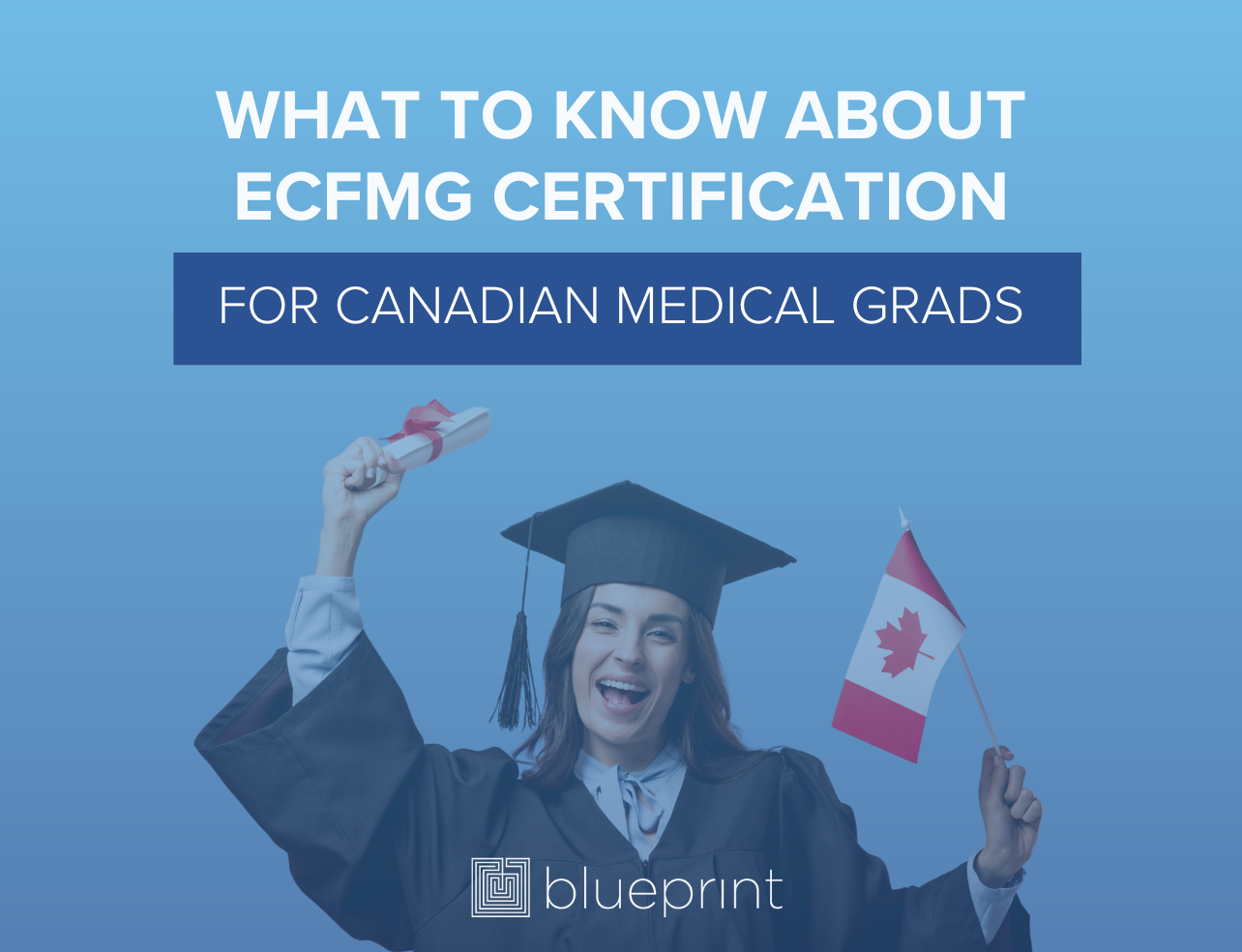Lauryn Falcone and Dr. Eli Freiman contributed to this post.
For most students, the anticipation leading up to their first NBME practice test is the same. Most wonder: Am I truly prepared? What happens if my score prediction is much lower than my goal Step 1 score?
Frequently, the answers to these questions may initially feel negative (it’s common for students to receive an early NBME score or two that’s below their ideal score). Many students see this as an opportunity for improvement, but what happens if the NBME scores don’t continue to rise? What happens if you truly aren’t scoring where you want on NBMEs before your step 1 test day?
Don’t worry. Everyone experiences score plateaus on practice tests, and there are numerous reasons for this. There is no way for an exam to adequately test you on your specific growing body of knowledge, so there will be huge amounts of variability from exam to exam.
You could be at a 250 level but get a 235 – that’s how much variability you could have by nature of being tested on a finite, specific body of knowledge. You could also have a bad testing day, or just have not been up to taking a practice NBME when you just want to get the real one over with.
Often, we underperform on exam practices because they aren’t as important as the real test. Most students will interpret stagnation on NBMEs as a sign that they haven’t been studying the right information or that they are inefficiently studying – this is usually not the case. You’ve still been learning!
That said, we have some tips to help you break through score plateaus for your NBME practice exams. Read on for more on how to break through NBME practice test score stagnation!
What do when your NBME practice test scores are not improving:
1. Be honest with yourself about your USMLE test prep methods.
In my years as a tutor, perhaps one of the most frequent comments I hear from a student is: “But Lauryn, I am studying ALL the time. I am working so hard. Why aren’t my scores improving?” The truth is that time spent studying does not guarantee a good score. In fact, the students who score the highest often aren’t the ones who are glued to First Aid for 24 hours, 7 days a week.
The fact is, quality always surpasses quantity. Five hours of solid, focused study are better than ten mediocre hours of studying.
If you can’t keep up with your USMLE study schedule or aren’t seeing improvement in your scores, focus on your efficiency in the following ways:
- Get a decent night’s sleep. When I create study schedules for students, I rarely have them work beyond 10 pm or before 8 am. If you are nodding off continuously throughout the day, you aren’t truly absorbing those high-yield pathoma pearls or thoroughly attacking that UWorld qbank.
- Turn passive studying into active studying. When reading First Aid, summarize some of the main, high yield points after every couple of pages. It is also great to constantly mix up your resources. If you feel yourself drifting off while reading, switch to flashcards or practice questions for a while.
- Try forcing yourself to focus by picking up the pace. Use a timer when reviewing UWorld questions. Focus on each question in a short time period and move on. Also, use a computer timer or stopwatch rather than your phone for timing! When studying, your phone should be silenced and you should be disconnected from social media.
2. Be realistic about your Step 1 study timeline.
A big question students ask is whether or not they should push back their Step 1 exam. Many students are tempted to push back their exam when their NBME scores are continuously below their goal score.
In the case of a student who has flexibility in their study schedule and perhaps didn’t prepare well (see above), this may be warranted. For example, I often encourage students to push their test date if they simply didn’t have time to get through the key resources. If you haven’t at least completed one full pass of UWorld, you should not sit for Step 1. Students’ NBME scores often improve significantly when they finish the qbank and complete the key resources.
By contrast, if you have thoroughly made multiple passes through the key resources and your NBME scores are still below your goal, it may be time to re-evaluate your goal score (see below). Many schools have strict deadlines by which a student must sit for the exam and pushing the exam too long might not be a valid option or could even hurt your score.
3. Change up your NBME study resources.
Even though you are probably studying just fine, sometimes you need a change of pace. Reading the same things over and over often means you are just remembering (and not remembering) the same pieces of information, no matter how much of it is high-yield and solid review for the exam. Find a new resource and try to commit to learning 1-2 new things each hour, and test yourself at the end of the hour. Write these things down on a flash card or notepad.
4. Space out your NBME practice tests.
You might not be giving yourself enough time between practice exams. A week is a reasonable amount of time to expect a small improvement, but not a large one. With variability, you can expect your scores to stay the exact same (or even go down) if you take two practice tests within a week.
To get around this, try to take your tests a bit farther apart if you can. If not, there is nothing wrong with taking your tests close to one another (just don’t expect to go from a 220 to a 260!).
5. Review your NBME practice exams.
Review your practice tests thoroughly and make sure you are not repeating the same mistakes over and over. The purpose of practice exams is two-fold: to gauge your progress, and to also learn a ton of high-yield, relevant, testable information.
Even if you aren’t happy with your progress, you can still make progress by making sure you review the exam thoroughly by knowing why you missed some answers, and identifying your strengths and weaknesses. This way, even if your NBME score is not where you wanted it to be, at least you know you got a whopping load of knowledge out of it!
6. Evaluate if your Step 1 goal score is truly realistic.
Unfortunately, not everyone can break 270 on the USMLE Step 1 exam. Be realistic about what score you need and what you are capable of, without selling yourself short or becoming negative.
In the end, if you truly prepared for Step 1 to the best of your abilities and can’t (or shouldn’t!) push your exam later, the best thing you can do for yourself is develop your mental strength.
Reassure yourself that you have worked hard and prepared well. Call your best friend for a pep talk. Realize that you can do this, that you deserve to be here, and that it truly is a privilege to undertake the stress and rigors of becoming a physician.
Stagnating NBME scores are one of the most frustrating experiences as a medical student, and we all experience it. We hope these tips help you through your NBME practice tests and on to a successful USMLE Step 1. Don’t hesitate to reach out to us if you need one-to-one help preparing for Step 1!





